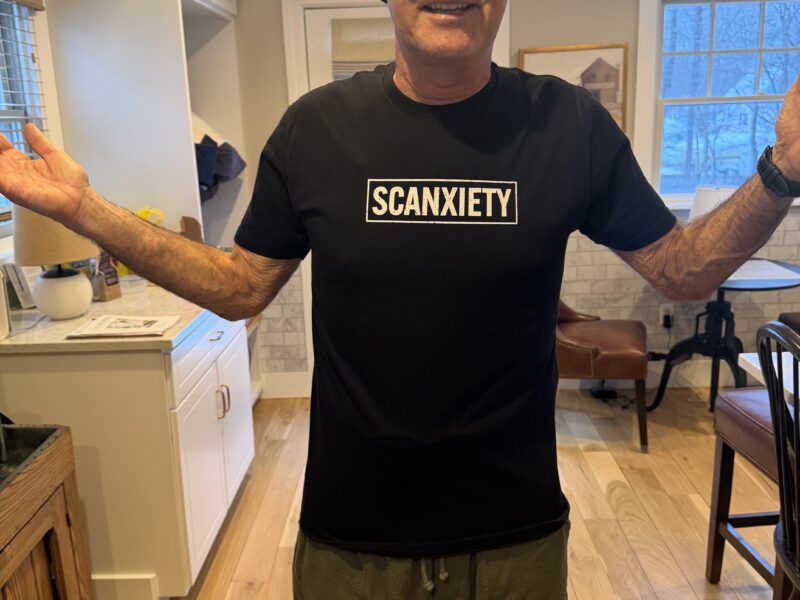Naturally, while reading Still Surprised, I found myself searching for practical tid-bits for doing my own job better. Two stuck out for me.
One had to do with the very need to sometimes step in and exercise unvarnished authority. While acknowledging that many contemporary leaders might prefer to act as “non-authoritarian advisers,” Bennis points out that “a leader cannot avoid the exercise of authority any more than he can avoid responsibility for what happens to his organization.” As an example, he points to his beloved alma mater, Antioch College, as a victim of the administration’s failure to assert control, causing the school’s demise in 2007.
Regarding another point, he cites psychiatrist Wilfred Bion in observing, “The leader of a group must never get overly involved with its sickest member, Bion warned. The temptation is always there, since the most troubled member is often the most clamorous and the biggest challenge. But the leader who is hijacked by extreme pathology pays a terrible price. The group will become polarized. The healthier members will resent the leader and eventually begin to question his or her legitimacy. The only way to deal with the problem, Bion advised, is to allow the healthier members of the group to deal with it collectively. Focusing on the sickest individual is the worst error a leader can make because it usurps the rightful authority of the healthier members to handle the situation.”
In the end, he stresses the importance of distinguishing between management and leadership: “the manager does things right; the leader does the right thing.”
Onward, Malcolm Gauld


